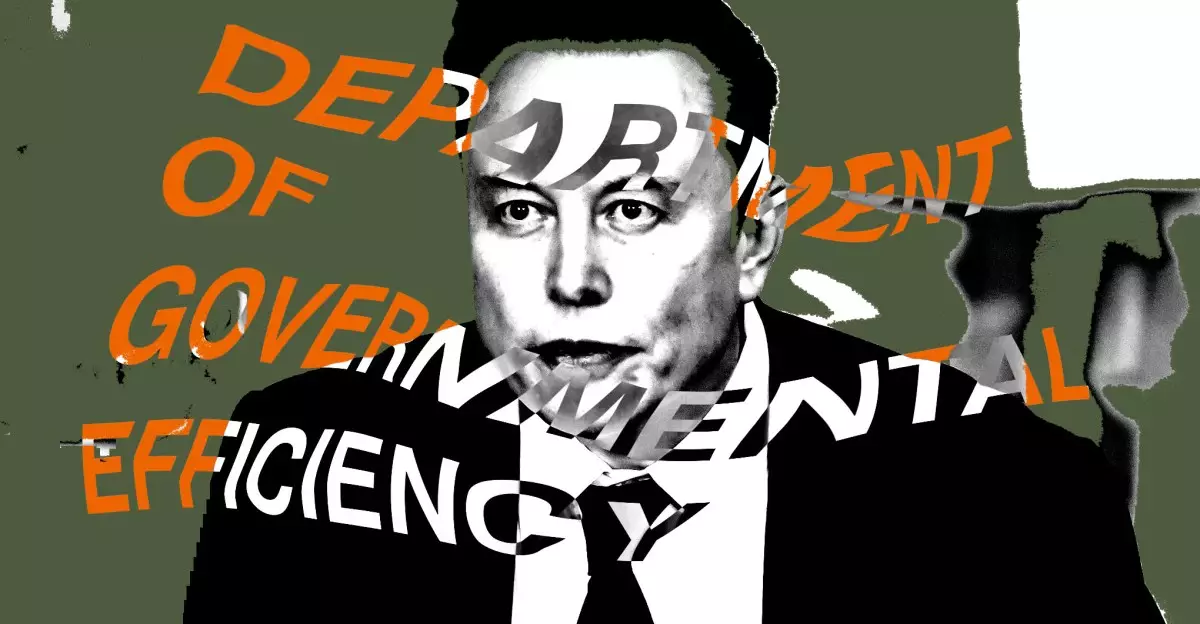On a recent Saturday, federal employees were met with an unusual request via email, mandating them to submit a list of their accomplishments from the previous week. This correspondence, originating from the Office of Personnel Management, aimed to assess productivity across various agencies, including notable institutions like the FBI and the State Department. With a tight deadline set for Monday night, many employees were left questioning the intent behind such an abrupt directive. The timing and tone of the email echoed a broader trend influenced by tech entrepreneur Elon Musk, who has become notorious for implementing radical workplace policies.
Elon Musk, in a Twitter announcement on the same day, hinted at these changes, suggesting that the email was part of a larger initiative to understand employee performance systematically. He controversially stated that failing to comply with the email would be interpreted as a resignation. This assertion raised alarm bells among legal experts, who pointed out that such a mandate runs counter to established civil service protections. Critics expressed concerns that this approach mirrors Musk’s earlier tactics during his time at Twitter, where he often imposed high-pressure demands on employees, leading to a tumultuous work environment.
Legal and Ethical Implications
The implications of Musk’s directives could extend beyond workplace anxiety. Legal scholars, including Sam Bagenstos from the University of Michigan, have emphasized the potential illegality of such demands. The assertion that noncompliance equates to resignation poses a serious threat to workers’ rights and could invite legal ramifications for the agencies involved. Moreover, the notion of compelling government workers to justify their weekly output in bullet points could foster a culture of intimidation, undermining morale and public service integrity. House Minority Leader Hakeem Jeffries voiced concerns over Musk’s influence, describing it as ‘traumatizing’ for dedicated federal employees and their families.
Musk’s strategy seems to advocate for a corporate-style work ethic within public sector roles, leading many to question the suitability of such practices in government positions. Federal employees are typically protected by systems designed to promote fairness and transparency, and attempts to apply private-sector tactics may inadvertently erode these principles. The insistence on quantifying accomplishments in a manner that resembles corporate evaluation processes may not only be impractical but also detrimental to the essential services these agencies provide.
As the situation develops, it is vital for all stakeholders to engage critically with these new expectations. Federal employees deserve a work environment that respects their contributions without succumbing to undue pressure or intimidation. The conversation surrounding this email should not simply focus on compliance but rather on the broader implications for workplace culture and employee rights within the federal system. Elon Musk’s role in shaping these policies must be scrutinized, reminding us that accountability and respect for civil service are fundamental, even amid calls for increased efficiency.

